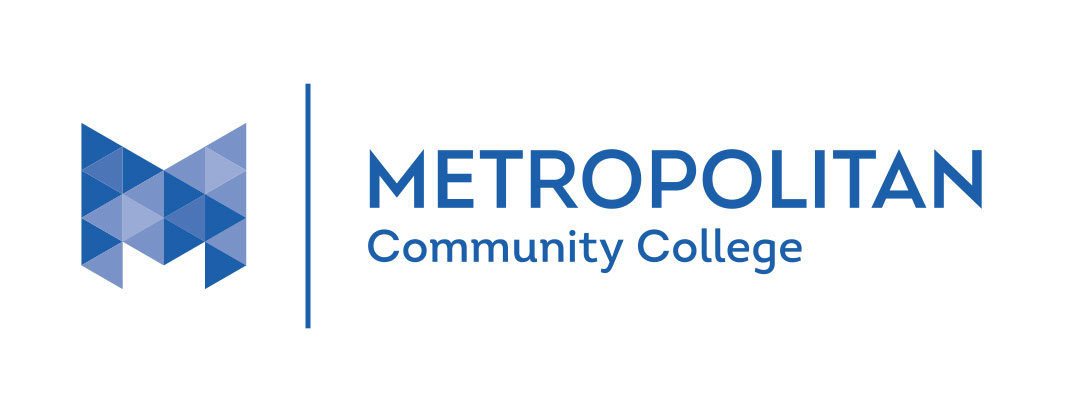On higher education campuses, it is the student’s responsibility to initiate contact with Disability Support Services and engage in an interactive process to determine eligibility for services. Student requests for accommodation(s) are considered on an individual, case-by-case basis and may be reviewed on a class-by-class basis.
Accommodations are not retroactive, so it is important to set up services as early as possible to secure all necessary accommodations.
Requests for accommodation and/or academic adjustments that result in a fundamental alteration of the course or academic program are not reasonable and will not be provided.
Reasonable accommodations depend upon the nature and degree of severity of the documented disability. While the Americans with Disabilities Act of 1990 requires that priority consideration be given to the specific methods requested by the student, it does not imply that a particular accommodation must be granted if it is deemed not reasonable and other suitable techniques are available.
Intake and Academic Accommodation Process - Credit Students
Step 1: Initiate contact with Disability Support Services by doing one of the following
Step 2: Submit supporting documentation of disability
- Documentation should be comprehensive, written within a reasonable timeframe relative to the disability, and signed by your non-familial, treating, qualifying professional. Incomplete information may slow or delay the accommodation approval process.
- DSS Counselor reviews documentation provided for history of accommodation use
Step 3: Participate in an interactive interview with the DSS counselor to determine reasonable accommodations
Step 4: DSS counselor will email a Notification of Academic Accommodation letter for each quarter you are registered
- Credit students: letters will be emailed to all your faculty, and you will receive a copy
- Non-credit students: Student will receive copy of accommodation letter to provide to non-credit faculty and staff
Step 5: Student and Faculty discuss Academic Accommodations during first week of class
The identification and disclosure of any disability is considered confidential. The information is released to other MCC employees, on a need to know basis, with a "Consent Form/Release of Information" signed by the student. There are limits to the confidentiality of student records as outlined in the College's "Procedures under the Family Education Rights and Privacy Act" document. (Procedures Memorandum Index V-1)
Disability Services Grievance Procedure
This procedure allows for equitable resolution within a reasonable time of complaints by students with disabilities who allege violation of their rights under the ADAAA and Section 504 of the Rehabilitation Act.
In the event that you believe you have been discriminated against, want to appeal the approved accommodations, or have other concerns related to disability services, contact the Dean of Student Advocacy and Accountability, 531-622-1308, for prompt and equitable complaint resolution.

